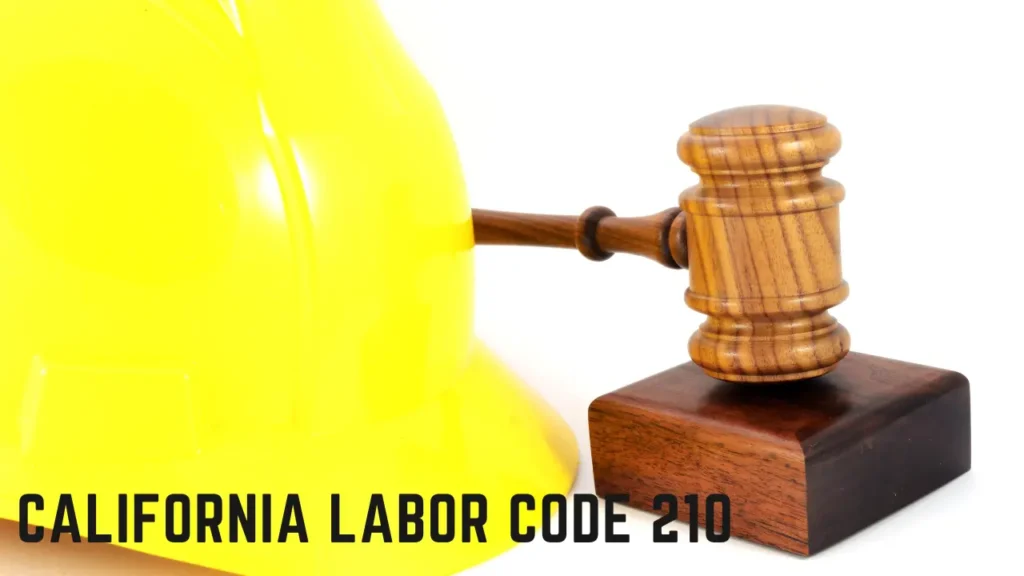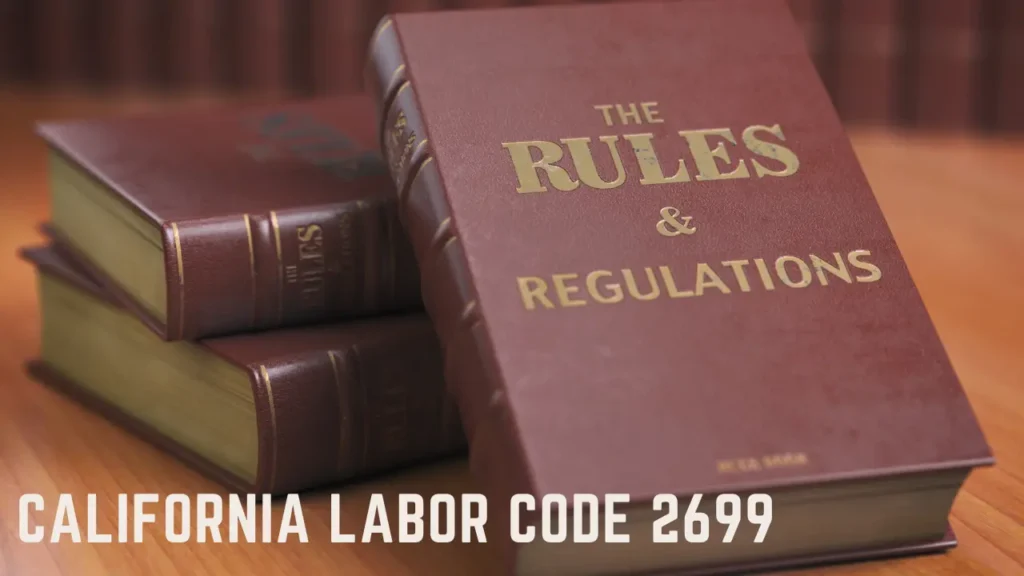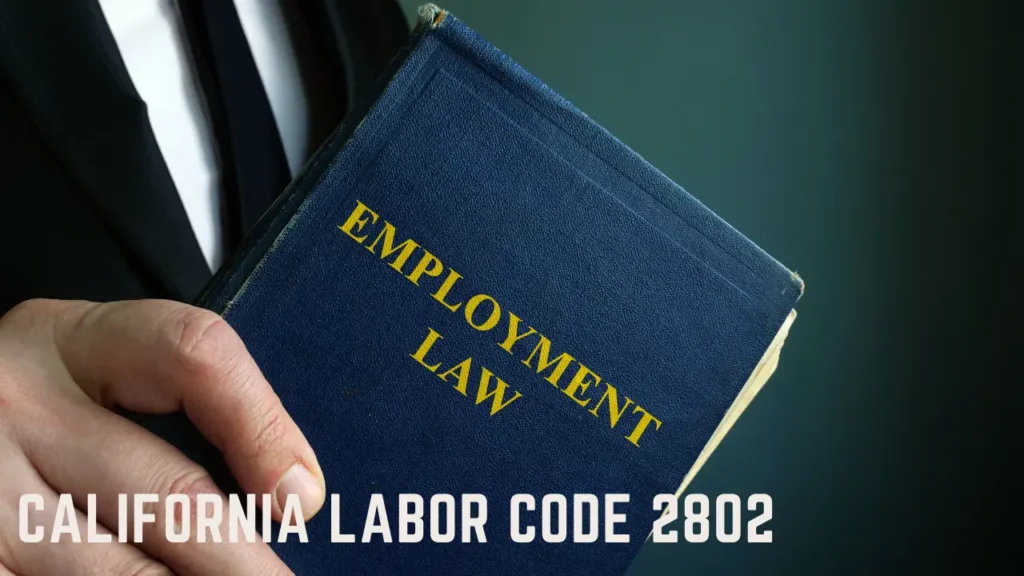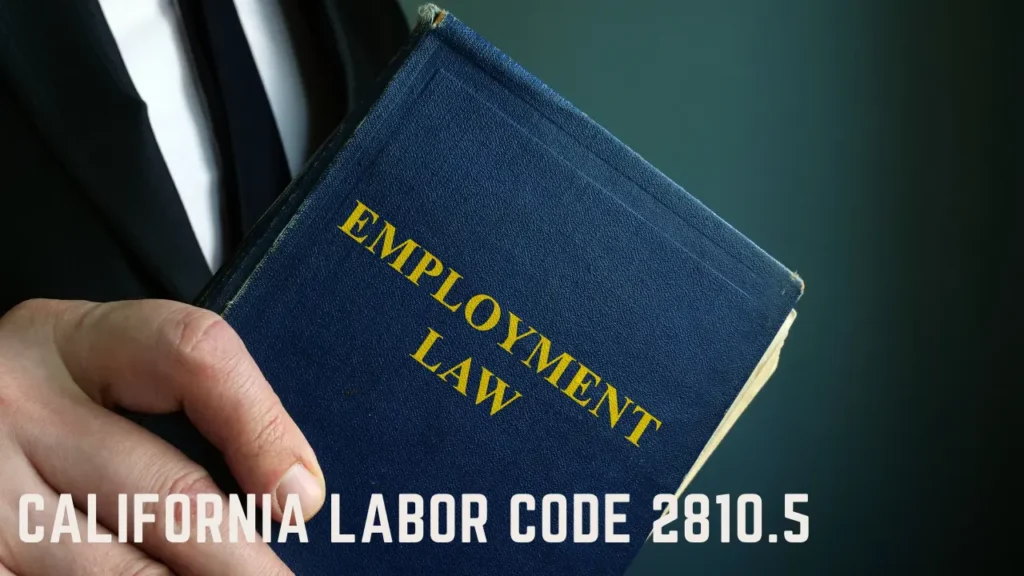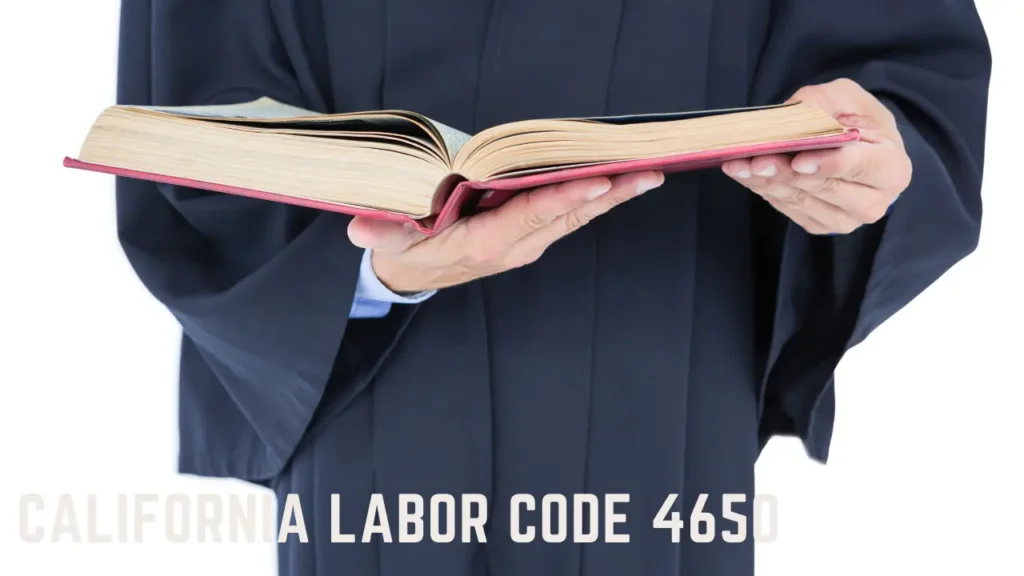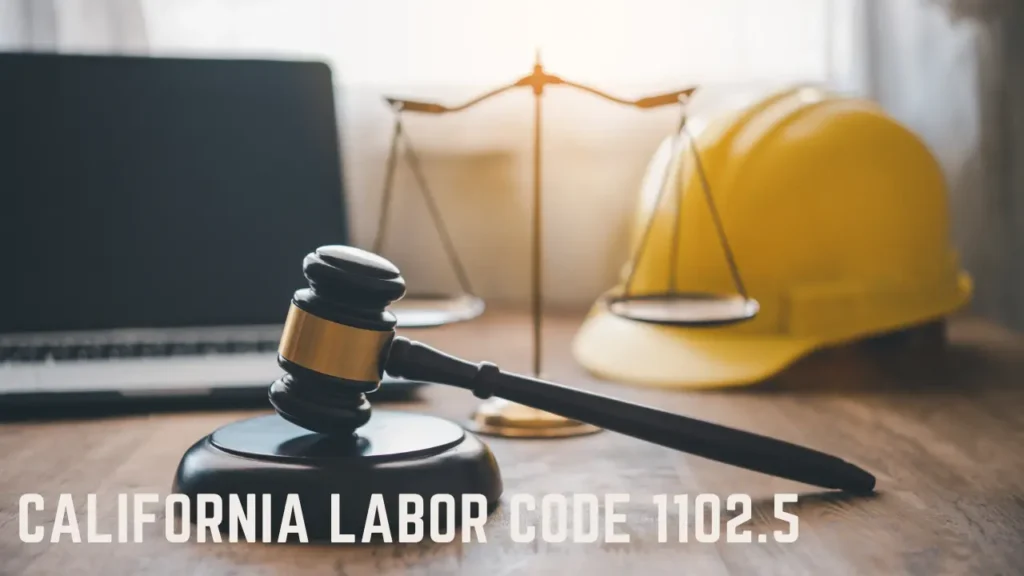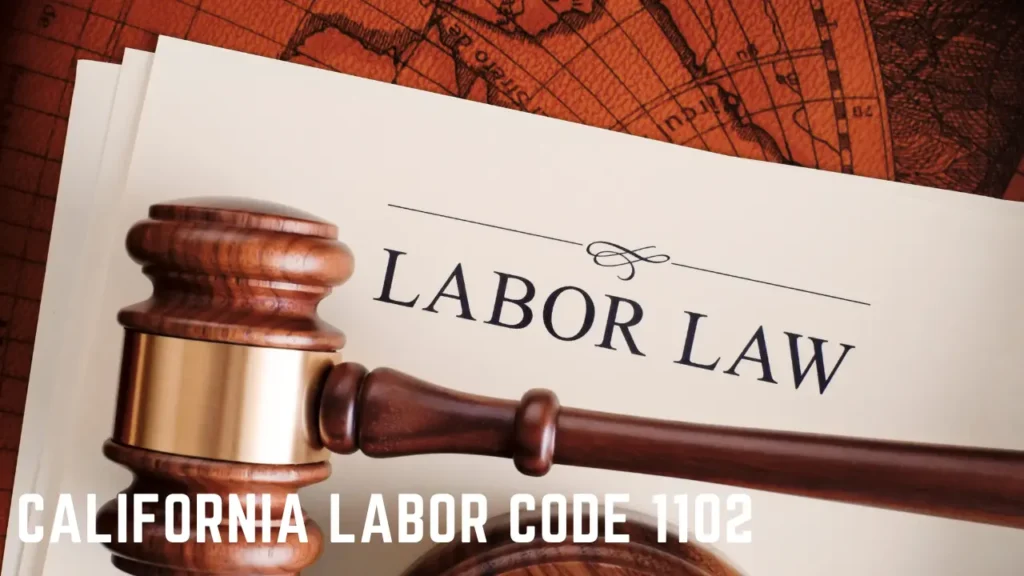Table of Contents
ToggleWe also discuss the rights of employees, potential legal consequences for non-compliant employers, and available legal remedies for unpaid commissions.
This comprehensive guide is a valuable resource for understanding this multifaceted legal landscape.
What is a commission agreement?
In understanding the complexities of commission pay after termination, it’s crucial to first grasp what a commission agreement is.
This is a written agreement between an employer and an employee, stipulating the terms under which commissions are earned and paid. It outlines how commission payments are calculated, typically based on a percentage of sales or a predetermined formula, and when they are due.
The agreement should clearly define the commission structure to avoid disputes. It may also include a forfeiture provision, which states that the employee must be currently employed to receive commission payments.
In the absence of such a provision, or if it’s unenforceable, the employee is entitled to receive earned commission wages upon termination.
What is a forfeiture provision?
A significant component of many commission agreements is the forfeiture provision. This provision is a clause stipulating that employees must be actively employed to receive their commission payments.
The forfeiture provision implies that former employees with a valid forfeiture provision in their agreement are not entitled to unpaid commissions. They have forfeited their rights upon termination.
The validity of the forfeiture provision is important. The provision must be enforceable in court to deny commission payments.
In California, courts have shown disagreement regarding the enforceability of these provisions. Courts in the First and Second Districts uphold them, while the Fourth District considers them unconscionable and unenforceable.
The Supreme Court of California has yet to resolve this disagreement. This adds a layer of complexity to the issue.
What if there is no such provision
When there is no forfeiture provision in the commission agreement, or if such a provision is deemed unenforceable, California law dictates a different outcome for employees after termination. In such cases, the employee is still entitled to receive any earned but unpaid commissions. This entitlement is based on the principle that commissions are considered wages once they have been earned. Therefore, they become due and payable immediately upon the employee’s termination.
Employers who fail to promptly pay these commissions may be subjected to penalties, including the payment of interest on the unpaid amount and potentially additional damages for a willful failure to pay. Thus, the absence or unenforceability of a forfeiture provision does not absolve employers of their obligation to pay earned commissions post-termination.
What does California law have to say about forfeiture provisions
Under the purview of California law, the enforceability of forfeiture provisions in commission agreements has been a contentious issue.
There are contradictory rulings on their enforceability:
- Courts in the First and Second Districts have upheld forfeiture provisions, making it challenging for employees in these areas, including Los Angeles, to claim commissions post-termination.
- Contrarily, the Fourth District deemed these provisions unconscionable and unenforceable.
If enforceable, a forfeiture provision stipulates that an employee forfeits the right to unpaid commissions upon termination. However, if the provision is absent or unenforceable, the employee retains the right to receive earned commissions.
Pending a unified stance from the Supreme Court of California, the enforceability of forfeiture provisions remains a gray area.
What does it mean for a contract to be unconscionable
In the realm of contract law, the term ‘unconscionable’ refers to a contract or clause that is so unfair or oppressive to one party that no reasonable or informed person would agree to it.
An unconscionable contract typically involves significant inequality in bargaining power or knowledge, resulting in highly unfavorable terms for the disadvantaged party.
In the context of employment and commission agreements, clauses that deny an employee’s right to earned commissions upon termination may be deemed unconscionable. California courts have varied viewpoints on this, with some ruling such provisions as enforceable and others as unconscionable.
Ultimately, the determination of unconscionability is based on a comprehensive analysis of the contract’s fairness, balance, and adherence to established legal and ethical standards.
What is commission pay?
Building upon the foundation of contractual agreements, commission pay refers to a method of employee compensation based on a percentage of sales made or a predetermined formula.
This remuneration system can be categorized into two types:
- Direct Commissions: These are calculated as a percentage of the sales made by the employee. The percentage can vary based on the nature of the product or the sales target achieved.
- Profit-Based Commissions: The commission here depends on the profit margin of the sales made. It encourages employees to focus on profitable sales.
As a form of incentive pay, the commission encourages employees to increase their productivity and sales effectiveness. However, it demands transparent and accurate calculations to avoid any potential disputes or legal issues.
Conclusion
In conclusion, California law on commission pay after termination is complex and requires careful navigation. The presence or absence of forfeiture provisions in commission agreements holds significant implications for both employer and employee. Unconscionable contracts and non-compliance can lead to serious legal repercussions.
It’s thus crucial for stakeholders to maintain accurate records, understand their rights and obligations, and seek legal remedies in the event of unpaid commissions. The nuances of this law demand meticulous attention and understanding.



